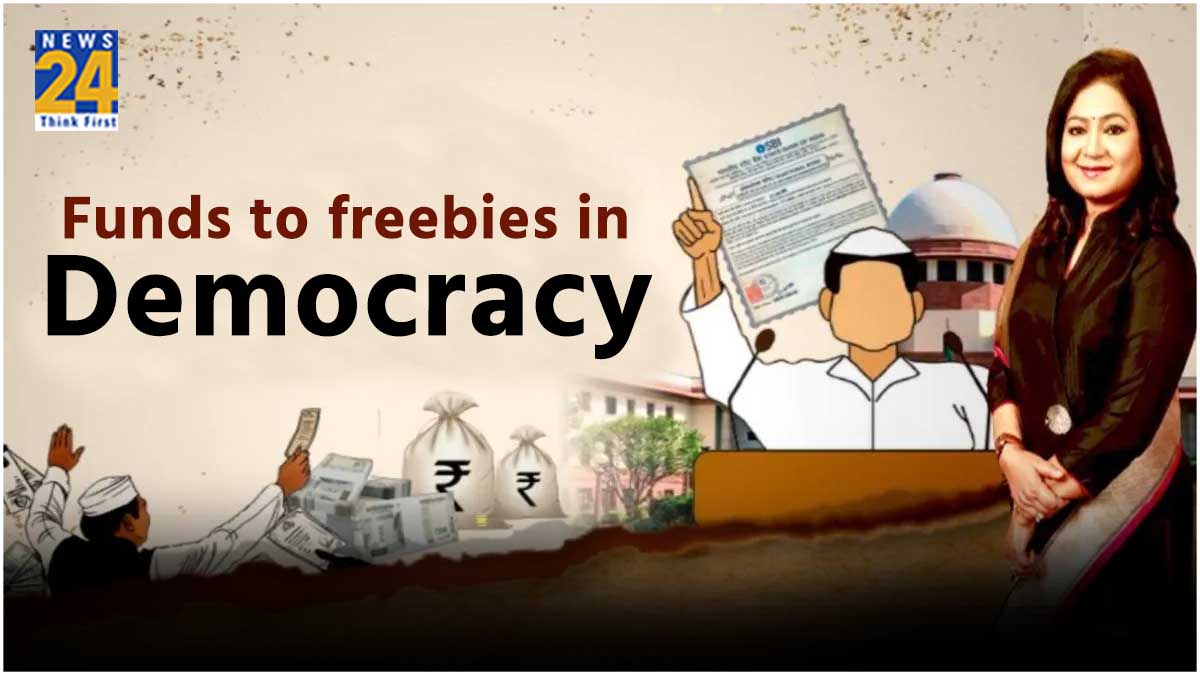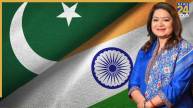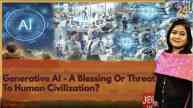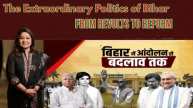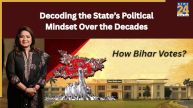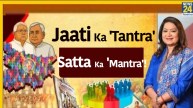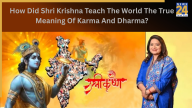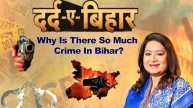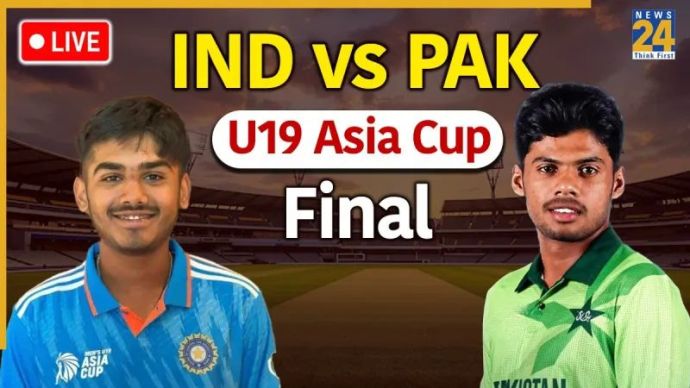The Supreme Court has declared the electoral bond(s) as unconstitutional and ordered its cancellation. The secret donations were considered a betrayal of voters. This means the Supreme Court has dealt a big blow to political parties receiving corporate donations. What are the flaws in the electoral bond system? With what mindset was it introduced into law? Does it only benefit ruling parties? Why is there such a disparity in the amount of donations between the ruling parties and the opposition? Is corporate funding against impartial elections and equality? How do political parties attract voters through freebies in elections? Have corporate donations and freebies created a system of give & take in democracy?
Nothing in the world is free. Everything has a price. How that price is collected can vary. The country’s apex court, the Supreme Court, viewed the electoral bond through this lens. Considering its harm to democracy in India, the verdict was declared unconstitutional. The Constitution Bench of five judges in its judgement stated that those buying electoral bonds should disclose the details of cash transactions and the amount received by March 13. This means that the country’s 90 crore voters will know which corporate houses donated what amount to political parties in the form of electoral bonds. The electoral bond system was introduced in 2018 in the name of transparency in electoral funding, but this system has always been under scrutiny. According to recent figures, by January 2024, electoral bonds worth more than ₹1.6 trillion have been sold. By 2022-23, political parties redeemed around ₹1.2 trillion in bonds, of which ₹656.6 billion went into the BJP’s account alone. In this scenario, the first question is how the Supreme Court pronounced its verdict on secret donations.
Fair elections not possible without transparent political funding
Veteran BJP leader Arun Jaitley while presenting the budget in 2017, said that without transparent political funding, free and fair elections are not possible. He said, “Without transparency of political funding, free & fair elections are not possible.” He further said that in the past 70 years, we could not establish a transparent system.
Risk of influencing policy decisions
In this system, voters could not know which corporate houses gave how much donation to which political party. The Companies Act was amended to allow foreign companies with offices in India to donate. The cap on company profits from electoral donations was also removed up to 7.5%. This means that companies running at a loss could also donate to political parties according to their discretion. In such a system of electoral donations, the chances of connections between corporate houses and politicians increase. The Supreme Court also acknowledged that this poses a risk of influencing policy decisions.
It is true that through electoral bonds, the ruling BJP received the most donations. Parties in power in states also received donations, but it is also a big truth that opposition parties too received donations through electoral bonds. Although the amount received by them is less compared to the ruling party. Congress, TDP, Shiv Sena, and Samajwadi Party are also on this list. In such a scenario, the big question is whether our country’s political parties have ever worked to make political funding clean and transparent.
Increase in transactions in democracy
The mechanism of political funding cannot be transparent in the country until political parties transparently disclose electoral donations and expenses to the people. In the last few decades, the trend of transactions in our democracy has increased rapidly. The basis of relations between voters and political parties is also becoming transactional. Voters are being offered the moon and stars along with various (mostly illicit) direct benefits in exchange for their votes. Prime Minister Modi says that there are only four castes in the country – the poor, the youth, women, and farmers. This is a definition through which the BJP is trying to make the country's big vote bank aware that if the double-engine government remains, they will continue to benefit from government schemes. Political parties have made strong efforts to strengthen their vote base through free government schemes. Indian citizens have thereby today become acquainted with all the major models of freebies politics in the country.
The tradition of freebies during elections started nearly 57 years ago in South India. That year was 1967.
DMK leader became CM via freebies
During the Tamil Nadu Assembly elections of 1967, DMK leader CN Annadurai promised to provide rice at one rupee per kilogram. In that election, DMK achieved a resounding victory. Political pundits at the time attributed Annadurai's victory to the promise of cheap rice. Later, following the same path, NT Rama Rao utilized the same tactic and reached the chief minister's position in the state of Andhra Pradesh.
In Tamil Nadu, Jayalalitha also relied on freebies to win people's hearts. The Tamil Nadu political model of freebies promised colourful televisions, pressure cookers, washing machines, and even mangalsutras to people. Promises of loan waivers to farmers were made in some places, while free electricity was promised elsewhere.
Freebies reached electoral arena of UP
Starting from the south, freebies reached the electoral arena of Uttar Pradesh in 2012, during which Akhilesh Yadav promised to provide laptops and tablets to students. However, the politics of freebies changed the fortunes of the AAP, which formed the government in Delhi and Punjab. Even after several local welfare freebie schemes in the recent Rajasthan and Chhattisgarh elections, the Congress failed to return to power, and the impact of Shivraj Singh Chouhan's Ladli Behna Yojana was felt in the recent MP State elections.
Utilization of the poor as a vote bank in 1970s
The utilization of the poor as a vote bank in a straightforward manner was used in the 1970s. At that time, Indira Gandhi was the Prime Minister, during which she vowed to eradicate poverty (‘Garibi Hatao’). Further, to come across as Pro-Poor/Pro-People, her government had already abolished the privy purses of the kings and taken major decisions like the nationalization of banks, emerging as the biggest benefactor of the poor in the country.
Model of transaction in democracy
In political science books, references to models such as Participatory Democracy, Cooperative Democracy, Economic Democracy, Interactive Democracy, Autocratic Democracy, and Revolutionary Democracy are easily found, but in recent decades, the trend of transaction in democracy, i.e., giving with one hand and taking from the other, has also increased rapidly.
A large and organized system works in election campaigns of political parties.
During various election campaigns, a large and organized system works, where now along with the ordinary people, various regional parties have started to feel fatigued. For an average middle-class person, entering politics and then winning elections is becoming as challenging as climbing Everest. The creators of our constitution had envisioned such an ideal democracy, where the dominance would not be of financial power but of people's power. Where the legislature or parliament reaches before the common man, providing an equal opportunity for public service. In such a scenario, there is a need for serious and honest deliberation on the changes taking place in the world's largest democracy.

